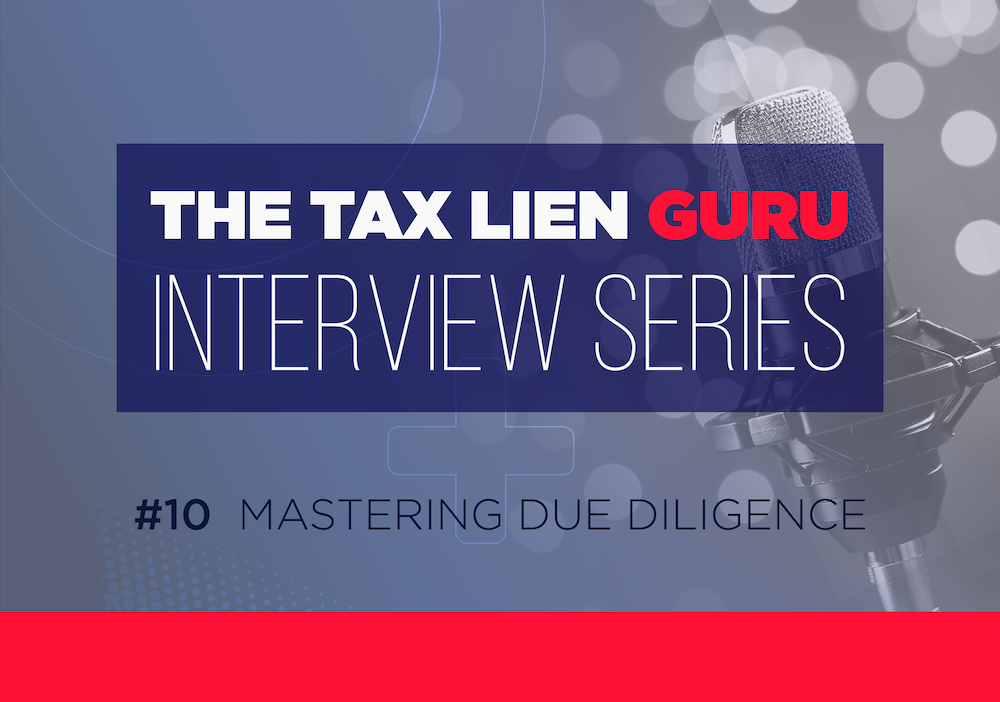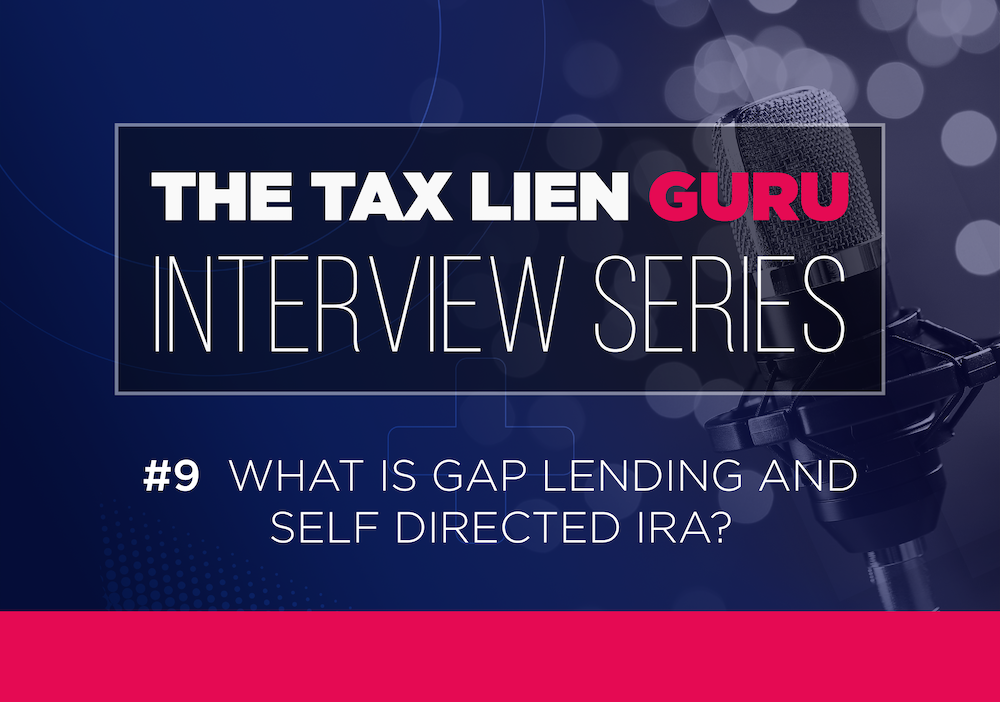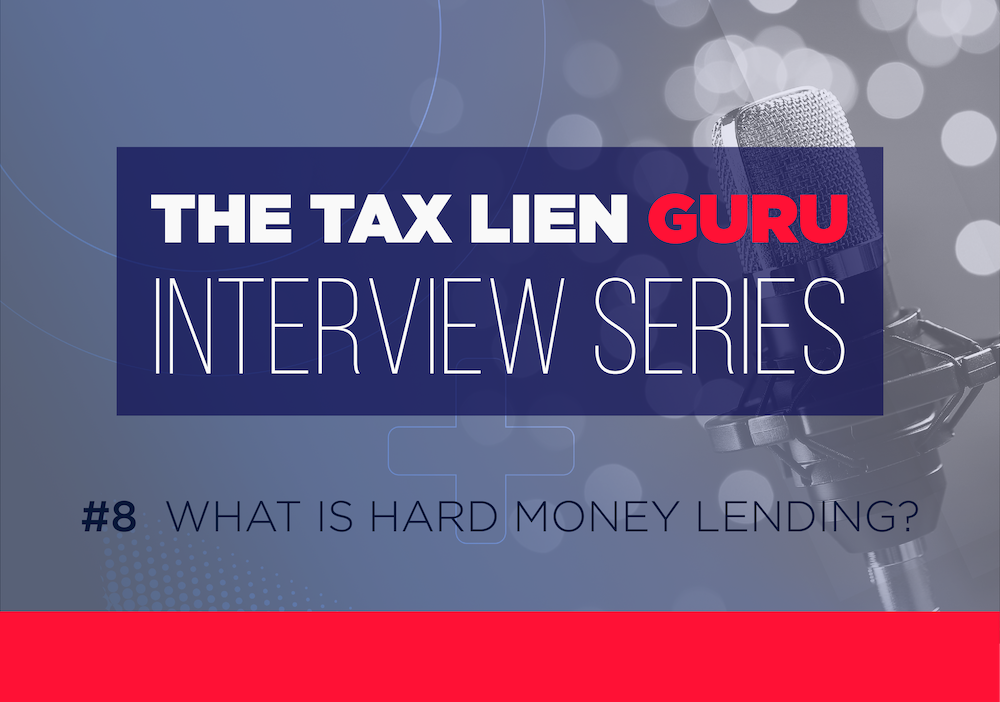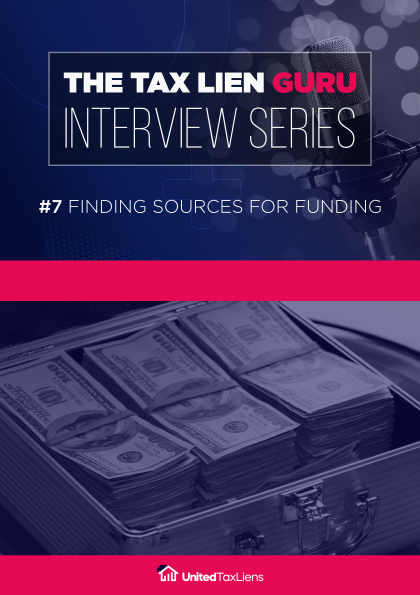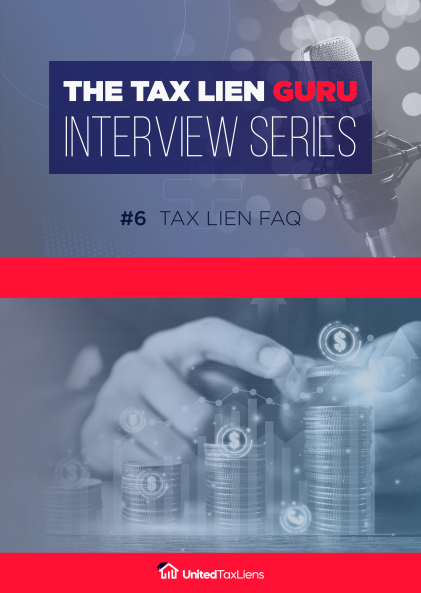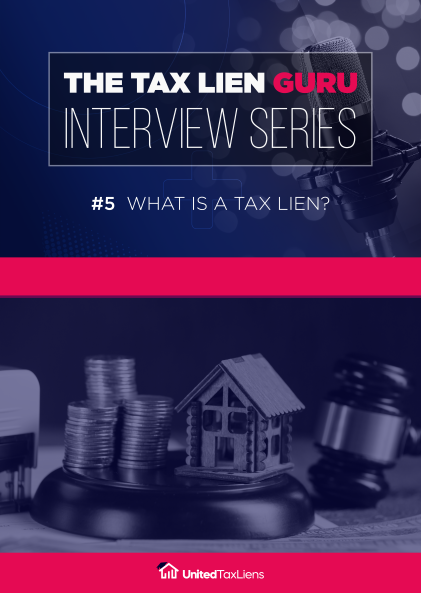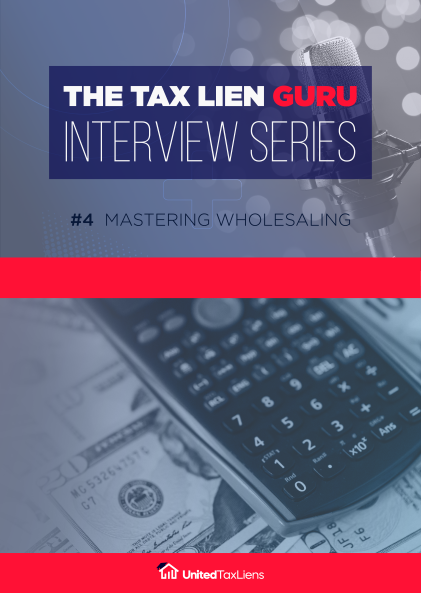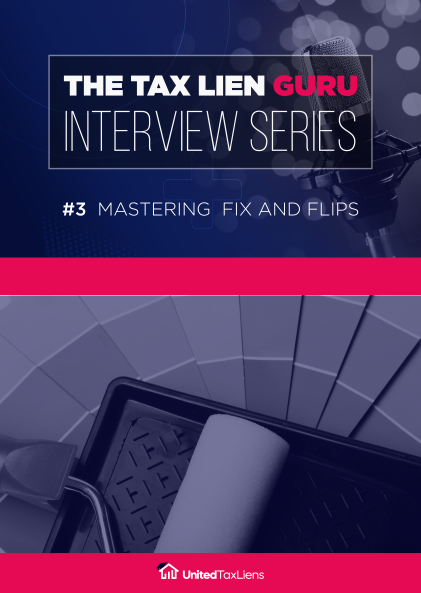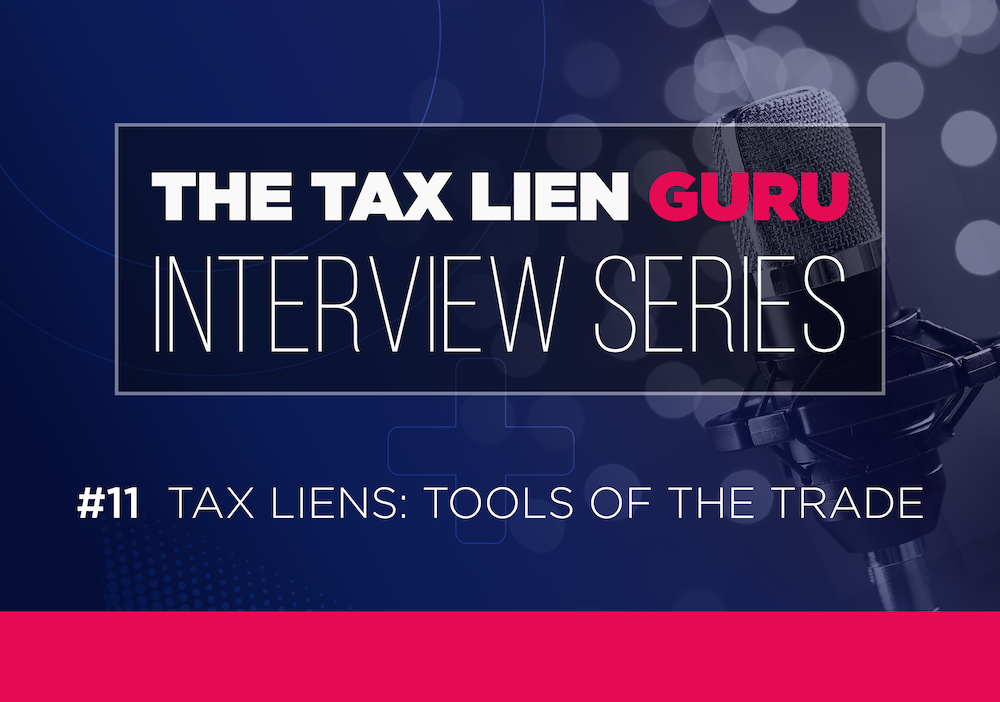
Eric, we live in a digital age. There's so much information out there. How do I get information that's going to help me as a real estate investor?
Alright, so I'm going to take us out of the digital age for a second, OK? Remember when we had to take notes back in class? Those of you who had to sharpen your pencils and stuff like that, I know I'm dating myself. But, I want you to grab your pen, pencil, notepad. Get ready to type some information in here. Because I'm going to share with you some resources that I commonly use that we encourage our students to use to make the best decisions possible when it comes to real estate and tax liens. Let's talk about what some of those tools are and why we would want to use them. So one of the first ones would be your real estate software. Make sure you're taking full advantage of how to use that, make sure you understand how to use it, and make sure you take full advantage of the education that comes along with that opportunity as well.
Now, some other things that will help us out tremendously in finding real estate deals, in evaluating them: realtor.com.
You can get great information, and you can do mapping by it, you can find out what's available for sale, you can get some sole data, you can even reach out to agents that way.
So realtor.com is a great place to go. Zillow is as well. Just as a quick introduction, Zillow doesn't like realtors and Zillow doesn't like a realtor. So they're going to give you different points of information. Zillow will be more based on where the county recorder information comes from, a realtor will be based more on the sales on the MLS. Which ones better? They are both excellent. Wherever you get the best data to help make the right decisions is excellent.
They've also got sites like redfin. One of the other sites I like is called trulia.com. I like it because it includes the crime statistics of that property and the surrounding properties. How great is that to know? Because you know exactly what you're getting into as a tool. When you're evaluating properties, you definitely want to have a great cash flow analysis: an income and an expense form. If you don't have one, make sure you go through, and you grab those from our site. So that you can have that as part of the tools so you can do those evaluations quickly. Maybe you could even have your agent do those evaluations and save you time so that they can bring you things that way. And that information and assessment is already done.
What about other tools, what are your favorites?
Looking at another tool that I enjoy using, it's called bestplaces.net. At bestplaces, you can type in any city in the US, and it will give you an overview of that city. It will provide you with, average age. Population. Is it on the incline or the decline? It will give you job growth; it will give you the unemployment rate. Bestplaces.net excellent tool; use it. It will give you more confidence in understanding what's happening out there. Let's talk about some specifics when it comes to tax lien investing some tools that will help out.
One of the tools that I like to use, this applies to both, it's called neteronline.com. What it is, it's every county's website. It gives you the assessor. It gives you the tax collector. It gives you the recorder's office; if you have a GIS, all of that is there. All you do is click on the state and then the county, and it will give you all of that information. It's an excellent tool to have when you're validating information that way.
Now when you're investing in tax liens, you want to make sure you're very clear in understanding how to use the lien hub. You can use lien hub; it's a free access point, they contract with counties to provide a porthole to purchase over-the-counter liens, and they can actually help you with the auction process as well. Another resource on your tax lien side is bid for assets. Bid4assets.com
Another one that helps out across different states is called realauction.com
Now there are so many more sites, and so many more resources that you want available. But you want to build your own template when it comes to real estate investing. What are your required parameters for a fix and flip? What are your required parameters for a rental property? Build a system. Make sure you can track your portfolios. Whether you're tracking your tax lien purchases or tracking your real estate investment, keep them organized. Make sure you have a team in place to help you continue to move forward.
You've done an excellent job choosing to be a part of our team, as we move forward, and so make sure you get the most out of your investment by building this process and increasing the tools that you have. The more tools you have, the more successful you will be. Now don't forget, you've got the opportunity to go on increasing your funding. You could always go to the Scotsman guide. And there are so many different places you could go on funding to be able to enhance your success opportunities. Now always be looking for new tools. The beauty of the information age is simply this; there's something new every day. So add to it. If you've got additional sites that you love to use, you use those sites. But the main thing is that you're using it.
The main thing is that you're taking massive action. And the main thing is that you're planning to use the tools and that you're doing something about it. And so be in that place to where you are moving forward towards your goals, where you are taking action, to where you're making offers, you're making offers, you're making purchases on your tax lien, you're getting the returns and you're seeing the results. So with that, those are the tools that will make a foundational difference for you, and keep moving forward towards your real estate and tax lien objectives.
You got this.
